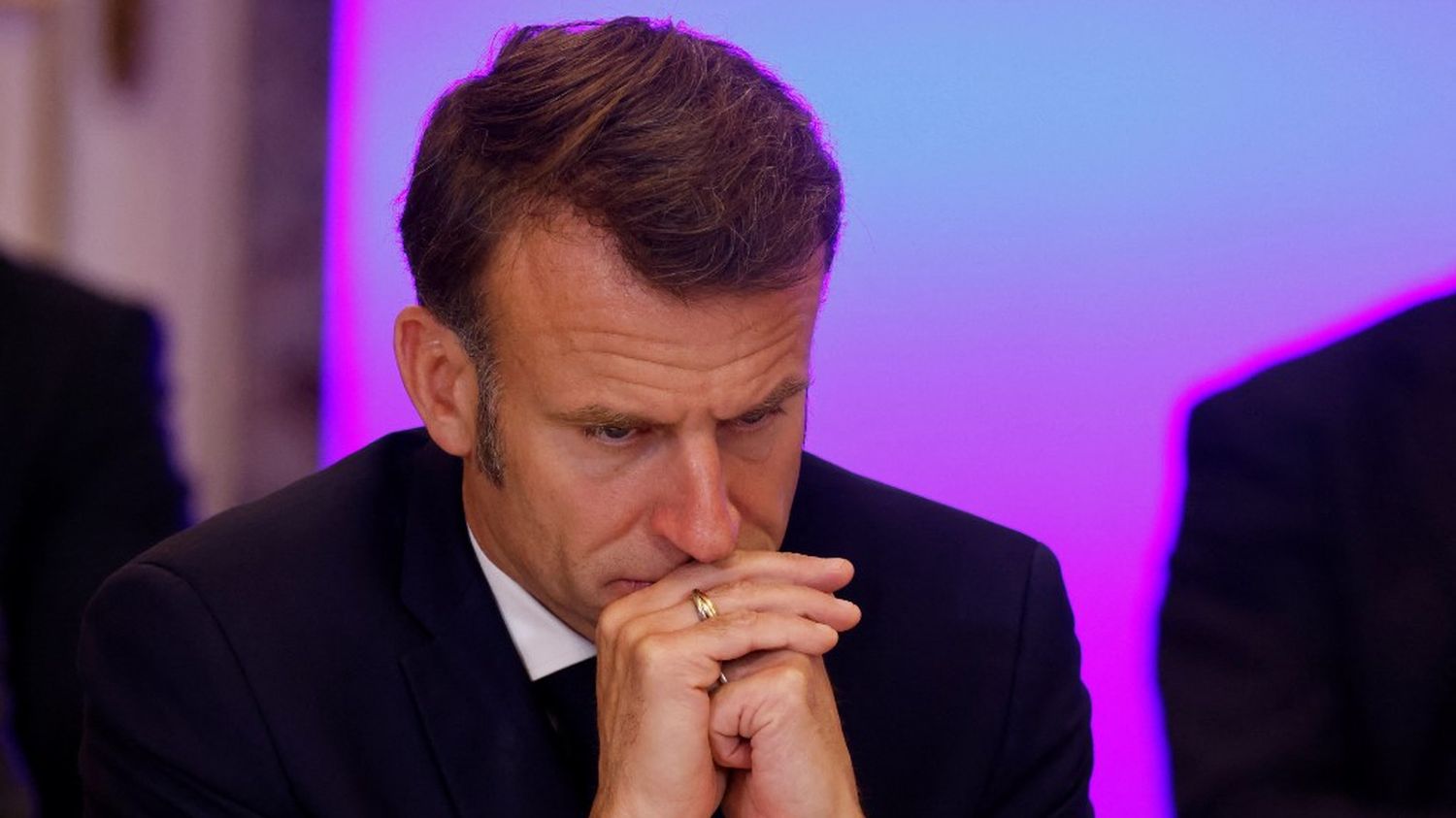In financial difficulty, France threatened with international budgetary supervision
Once relegated to the realm of economic fiction, the idea of international oversight of French finances is becoming increasingly confirmed.

SUMMARY
The persistent deterioration of the public deficit, coupled with the ineffectiveness of adjustment measures, has several experts fearing a scenario where the International Monetary Fund (IMF) or the European Central Bank (ECB) would intervene to put France back on the path of fiscal discipline.
Despite government commitments to bring the deficit below 3% by 2029, the current figure of 5.8% of GDP raises questions. The Court of Auditors, in its successive reports, highlights an unsustainable budgetary trajectory, while the IMF calls for radical corrective measures. At this point, adhering to European commitments seems almost like an illusion.
For Christopher Dembik, an investment strategy advisor, “the budgetary deadlock is becoming so chronic that an external supervision mechanism can no longer be ruled out.” The danger? A loss of market confidence, increased borrowing rates, and a negative debt spiral. The specter of 2010, and the eurozone sovereign debt crisis, resurfaces.
Before the IMF, the ECB could intervene, notably through the unlimited purchase of government bonds to contain rates. But this aid would be conditional on the adoption of a strict budgetary adjustment plan, similar to what Greece or Portugal experienced in the last decade.
Towards an Austerity Cure?
With the current situation, France is forced into an adjustment plan aiming to drastically reduce the burden of public spending, which today reaches 57% of GDP, one of the highest rates in Europe. The implicit goal is to bring this ratio down to the European average, around 47%.
This would require major structural reforms, foremost among which a revamp of the pension system, raising the legal retirement age, a politically explosive but budgetarily unavoidable measure.


Comments